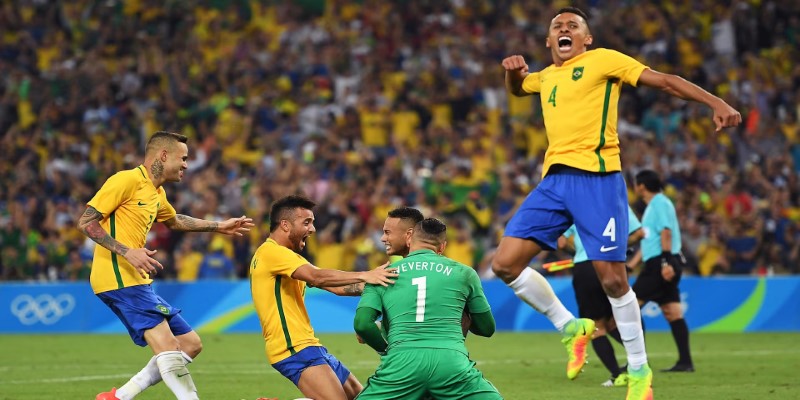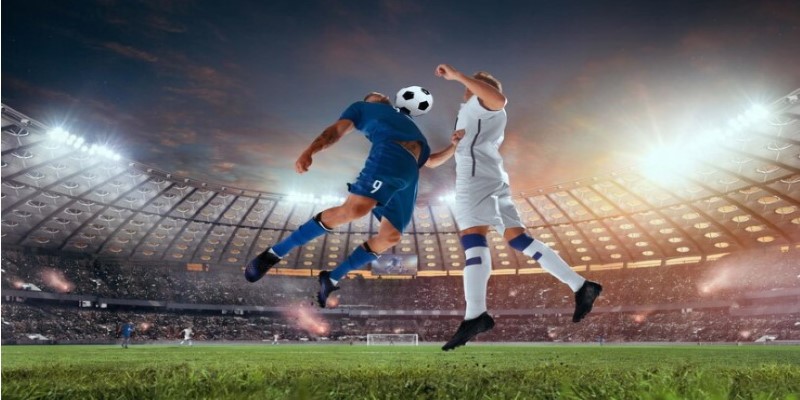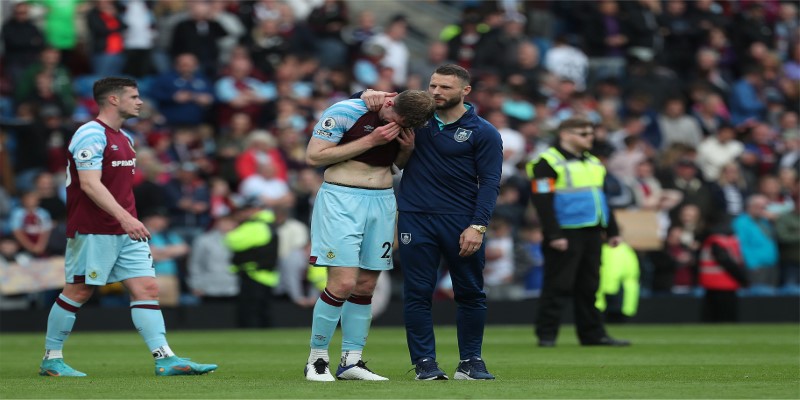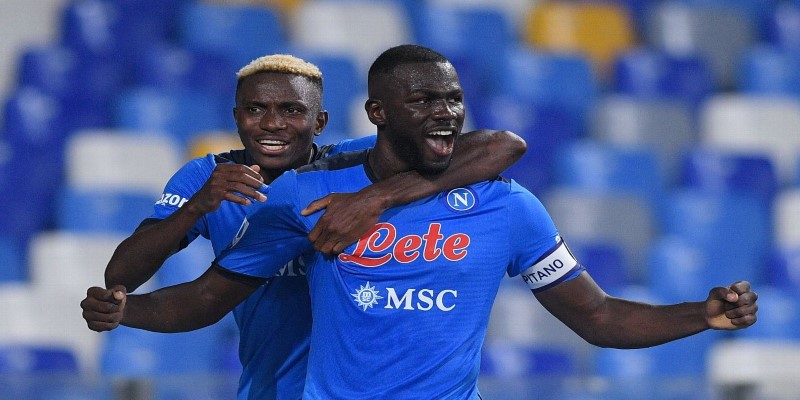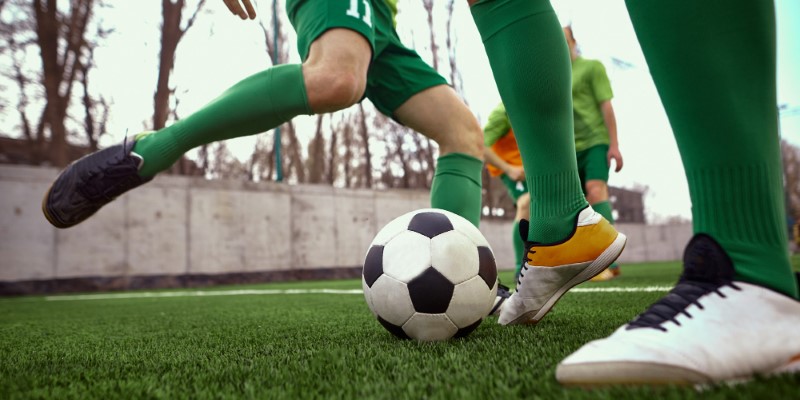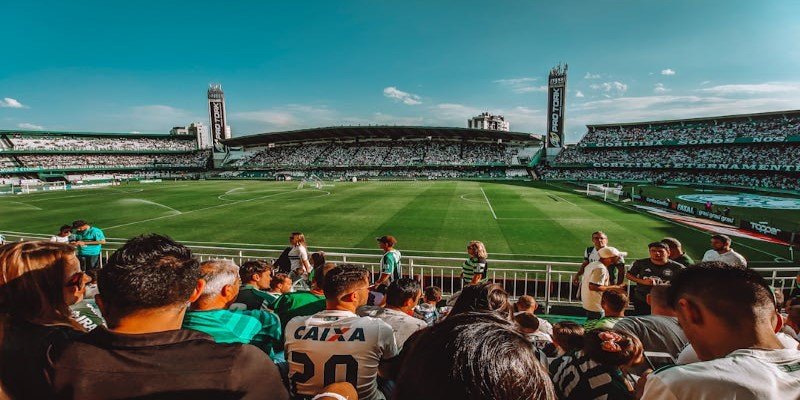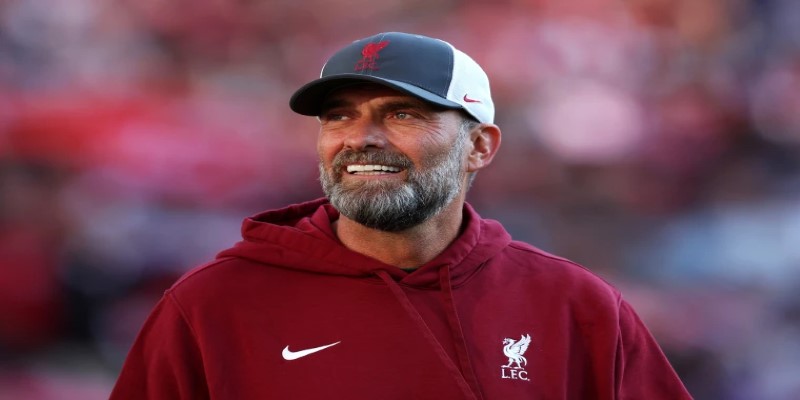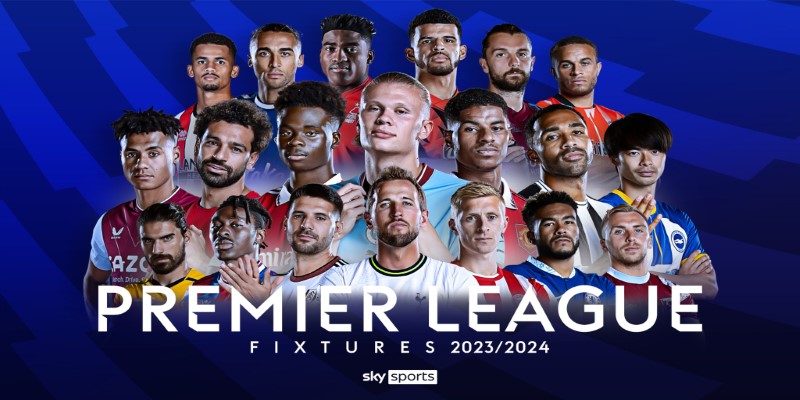Schalke was once regarded as one of Germany's top football teams, but it is currently facing serious difficulties. Although it played in significant European games, won titles, and had a large following, it is having trouble in the smaller leagues these days. This decline was caused by financial strain and poor judgment. Although it is battling for its life, its stadium still serves as a reminder of its former achievements.
Since its founding in 1904, the club has played a significant role in the neighborhood. However, they have had many issues lately, losing both money and games. Here, we will discuss Schalke's past mistakes and possible future developments.
Historical Background of Schalke
A group of German university students in Gelsenkirchen established Schalke 04 in 1904. The squad made a name for themselves early on because of its entertaining style of play and powerful team. Schalke had already taken up significant awards by the 1930s, including many German titles. They were renowned for their expertise and collaboration, making them one of the top teams in Germany.
The Golden Era
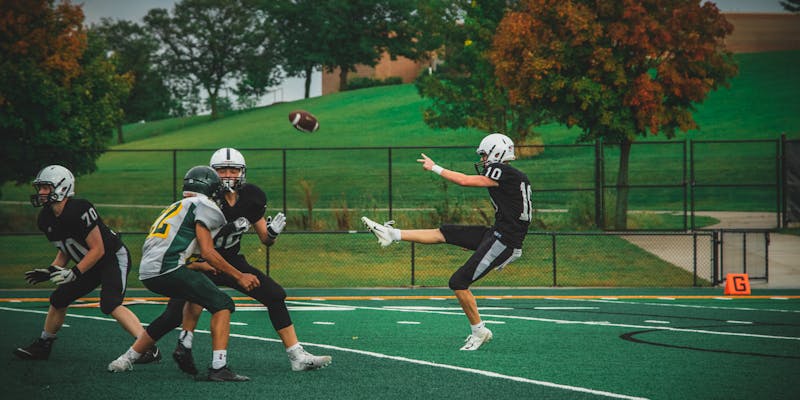
The decades between the 1930s and 1940s were the club's golden age, as Schalke won 6 German titles from 1934 to 1942. They played football in a revolutionary way for the time and dominated German sport. Schalke kept up their good play in the 1950s, winning another German title in 1958. Along with his great achievements, Schalke was a regular competitor against the best clubs in Europe. Schalke's career peaked during this time. The group was renowned for its abilities, camaraderie, and winning mentality.
Fanbase and Culture of Schalke
Germany has some of the most enthusiastic and devoted Schalke fans. The passion and devotion of these fans make every game in Schalke's home stadium, the Veltins-Arena, thrilling. On game days, the stadium comes alive with singing, chanting, and flag-waving, making it a hostile environment for visiting teams. During both good and bad times, the supporters never waver in their devotion to the club.
The club enjoys a close relationship with Gelsenkirchen's local community, which has a long tradition of working-class residents. The club represents power and solidarity in the community and is far more than a football team. In addition to their on-field accomplishments, Schalke has grown to be an essential component of the German football team over the years because of their strong relationships with the local community and supporters.
Reasons for the Downfall of Schalke
There were many reasons for the downfall of Schalke, including financial mismanagement, leadership issues, and poor performance. The details of these issues are given below.
Financial Issues
When Schalke began to build up a large debt load, the club's financial problems started. They paid players excessive salaries and spent more money than they could have afforded on player recruitment. This lavish behavior caused a significant financial strain. With a contract worth reportedly 25 million euros,
Schalke inked a deal in 2016 with Swiss youngster Bril Embol. A video message announcing the transfer was sent to the supporters, mentioning that the team had defeated Barcelona, Manchester United, and Arsenal. However, three years later, Embolo was transferred to Borussia Mnchengladbach for half the sum that was originally paid to get him, having scored ten goals in 48 league games.
After paying 19 million euros to acquire Nabil Bentaleb from Tottenham in 2017, he was left without a contract. Bentaleb and Embolo are just two instances of poor scouting from the past few seasons.
Strategic Missteps at Club Lead to Crisis
Talent from his own school, including Joel Matip, Max Meyer, and Sead Kolasinac, as well as important players like Leon Gorecka, who should have brought in a healthy profit for the team, went without being paid. The already precarious final balance was further affected by the cessation of ticket revenue flow and the half-cut benefit from Bundesliga TV rights.
Financial Struggles Under Coach Gerec
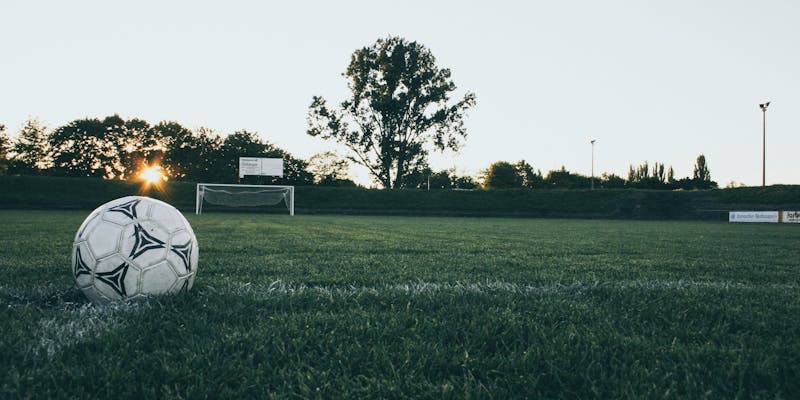
Karel Gerec, the current coach, was brought on board in October of last year, making him Schalke's twelfth in the previous ten years. They eventually paid off after a quick succession of large payouts, huge percentages split during transfers, excruciating interest rates after borrowing money, and world events. Even though Schalke's debt has decreased to 217 million euros, the club is obviously not benefiting financially from being in the top league.
Current Struggles of Schalke
Because of Schalke's enormous debts, the German Football Association (DFB) has only given them a provisional licence to play in the competition's third tier the following year. The DFB has made it clear that Schalke's finances will not be able to withstand a smaller cash inflow than what is guaranteed in Germany's two top leagues unless they have liquidity in place by the end of June.
They'll be automatically demoted to the amateur division of the regional competition if they are demoted from the league and don't comply with the DFB's requirements. The team has received an unqualified guarantee that should it secure survival. It will be allowed to play in Bundesliga 2 in the 20242025 season.
The crucial games will be against Osnabruck and Hansa from Rotok, the two bottom-of-the-league teams, and Grojer-Firth, who is in the middle of the table. The outcome of these games will decide the club's future.
Conclusion
Schalke's current troubles are a sharp contrast to its historical past, which has been marked with significant achievements and an ardent fan base. Schalke, once a powerful force in German football, has declined due to poor strategic choices and financial strain. The club is still in a risky situation despite attempts to manage finances and replace leadership.
The next games are vital to its survival because it could be demoted to the amateur league. There is hope because of the club's strong ties to the community and the persistent backing of its supporters, but major adjustments are required to bring Schalke back to its previous glory.
